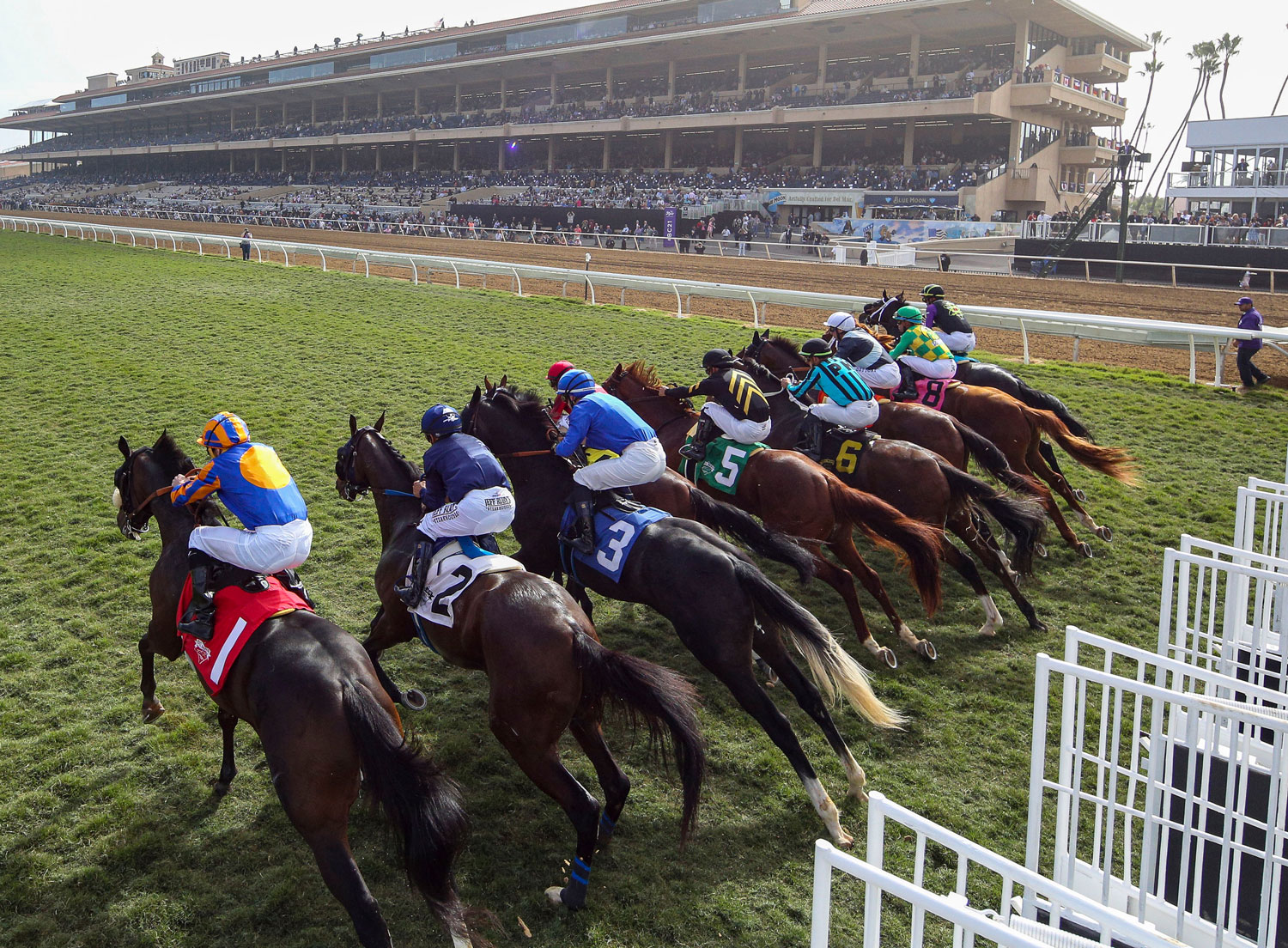In Monday Myths we debunk common misconceptions about a range of topics regarding equine digestive health and care. These are real statements made by real horse people. Have a question or topic you would like to see covered? Submit your idea here.
Statement: My horse is grouchy, not eating well, and has diarrhea. I think he may be suffering from gastric ulcers.
Equine gastric ulcers, or lesions in the stomach, are widespread, affecting over 80% of performance horses and many leisure horses as well. Diarrhea is a clear signal that something isn’t right in a horse’s gut. So, many equestrians try to connect the dots and erroneously assume that diarrhea may be a symptom of, or otherwise associated with, gastric ulcers.
In reality, a horse’s stomach has no influence on the texture of a horse’s manure. Loose or watery stools always originate from a problem beyond the stomach, most often the hindgut. Even then, while it may be associated with colonic ulcers, diarrhea may have no connection to ulcers at all.
Diarrhea is Never a Stomach Problem in Horses
Diarrhea results when normal fluid absorption in the colon is disrupted. Up to 100 liters of fluid – primarily water – pass through the colon each day. When this process doesn’t work properly this fluid is quickly passed out of the system. This produces the soft, loose, or watery manure considered diarrhea.
Any number of underlying conditions can give rise to diarrhea. When the population of beneficial microorganisms in the horse’s hindgut changes, it can set off a chain of events that interrupts fluid absorption and leads to diarrhea. Additionally, inflammation of the small or large intestine, which may result from various types of infections, may result in the secretion of additional fluid that can also result in diarrhea.
So, it’s generally changes in intestinal flora and/or hindgut function that produces those loose, watery manures. If your horse has diarrhea, it’s most likely a sign that something in the hindgut is going wrong.
But Diarrhea Doesn’t Rule Out Foregut Issues
Keep in mind that while diarrhea clearly points to an intestinal problem, that doesn’t necessarily mean a horse isn’t also suffering from gastric ulcers or other foregut conditions.
If a horse’s stomach is ulcerated or otherwise compromised, it doesn’t fully break down food, such as concentrated feeds. This can lead to undigested starch reaching the hindgut, which negatively impacts the bacterial population and may subsequently lead to diarrhea, among other potentially serious conditions.
Our own post-mortem research performed over the last decade has found that more than half of the horses suffering gastric ulcers also have colonic ulcers. So while diarrhea is a symptom of an intestinal problem, it stands to reason that foregut issues are also likely. It’s also easy to see why people can often associate diarrhea with gastric ulcers, even though there is no causal relationship between the two.
Differentiate Foregut and Hindgut Problems
Mild cases of soft stools aren’t necessarily cause for an emergency vet call, but anything significantly different in texture and/or that is prolonged requires veterinary intervention.
An equine fecal blood test may be able to help determine if issues are in the hindgut alone or in both the foregut and hindgut, and give a general indication of severity. When used in conjunction with the horse’s history, other symptoms, and a diagnostic work-up, your veterinarian can better localize and identify the issue and prescribe treatment to get your horse back on track to a healthy digestive system.
Diarrhea is a symptom of gastric ulcers = myth. Diarrhea always signals a problem in the horse’s small or large intestines. But keep in mind that gastric ulcers could also be present.



